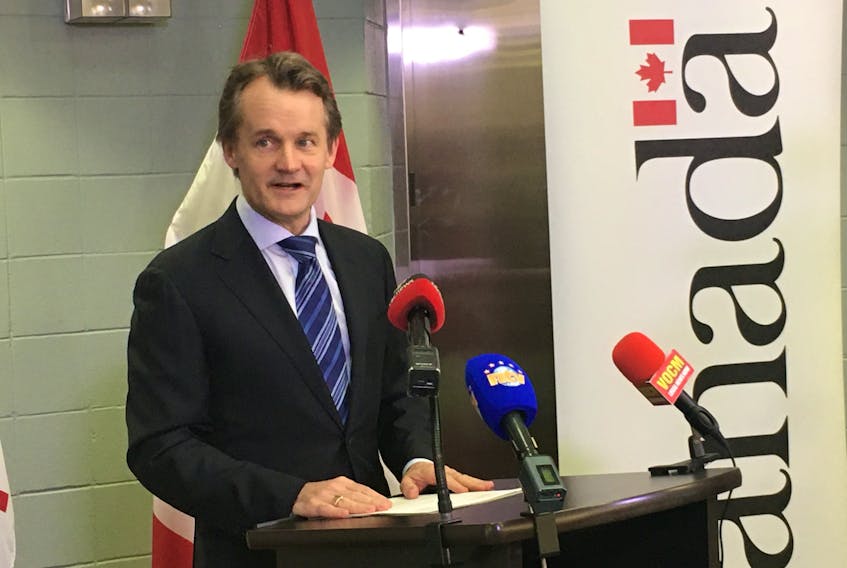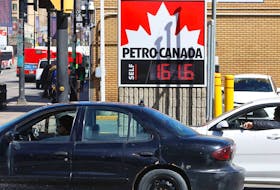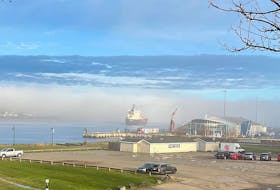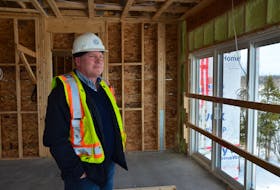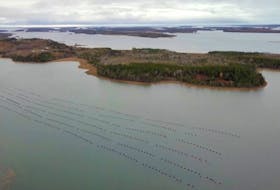Federal Natural Resources Minister Seamus O’Regan says a federal exemption of exploratory wells in the province’s offshore oil and gas industry will ensure the industry is competitive after the COVID-19 pandemic.
Federal Environment Minister Jonathan Wilkinson introduced the exemption on Thursday.
The move means exploratory drilling in a specific area of the province’s offshore is excluded from a project-specific impact assessment.
O’Regan says the move means the wait time from proposal to drilling has gone from upwards of 900 days to as little as 90 days.
He says the move comes at a difficult time for the industry.
“I know that this is a challenging time for everyone in this country. It’s a particularly challenging time for people in Canada’s oil and gas industry right across the country,” O’Regan told reporters in St. John’s.
“The double-whammy of COVID’s demand devastation — we’re not flying as much, we’re not driving as much — and then global price instability that we’re still reeling from Russia and Saudi Arabia, it has shaken oil producers and pulled back investment right across this country and around the world.”
The change only applies to exploratory drilling. Oil and gas projects will still need to undergo project specific assessments.
No cash for industry — yet
The announcement was not accompanied by direct support for the industry in terms of subsidies. O’Regan says he’s hopeful such an announcement will be coming “very soon.”
In a statement, Newfoundland and Labrador Oil and Gas Industry Association (Noia) CEO Charlene Johnson says the move is welcome — but lacking financial supports to help the industry.
“Since the regional assessment review process began over a year ago, COVID-19 has devastated our industry. While the announcement today allows us to be globally competitive on timelines, the Government of Canada needs to take action to also be fiscally competitive with international jurisdictions,” reads a statement from Johnson.
“To achieve this, we ask the federal government for urgent action to introduce incentives to attract offshore exploration and to encourage development projects to proceed and get thousands of people back to work. We need this action now.”
Progressive Conservative Leader Ches Crosbie concurs with Johnson’s statement.
“Offshore petroleum industry participants and provincial legislators alike agree that we desperately need exploration drilling incentives for jobs and prosperity. Today’s announcement by O’Reagan concerning shorter timelines for drilling permits was expected, but useless if there is no exploration to permit,” wrote Crosbie, in a release.
Environmentalists not impressed
Jordy Thomson, with the Ecology Action Centre, says the organization filed court challenges to the regulations. The group wants to see the regulations sent back to the federal government for further review.
“The big thing that’s missing here is a long-term perspective and cumulative effects analysis. So basically, business as usual, we can’t continue on with that,” said Thomson.
“We have to make sure we’re evaluating these project decisions in the context of everything else that’s going on in the marine environment both now and in the future. And that was one of the things that this regional assessment was supposed to do, but it failed to do that.”
Sigrid Kuehnemund, vice-president of ocean conservation with WWF-Canada, says the changes put marine habitats at risk of environmental damage.
“We think that this regulation is not good for the environment because it is based on a flawed regional assessment, and that assessment didn’t properly consider the impacts of exploratory drilling on the environment, and it didn’t properly consider the impacts on Canada and provincial climate change targets,” said Kuehnemund.
“So, with this regulation, it truly damages Canada’s and Newfoundland and Labrador’s ability to reach net zero emissions by 2050, and also puts many sensitive marine habitats at risk. So, we contest the assertion that this regulation is good for the environment.”
With files from Juanita Mercer

